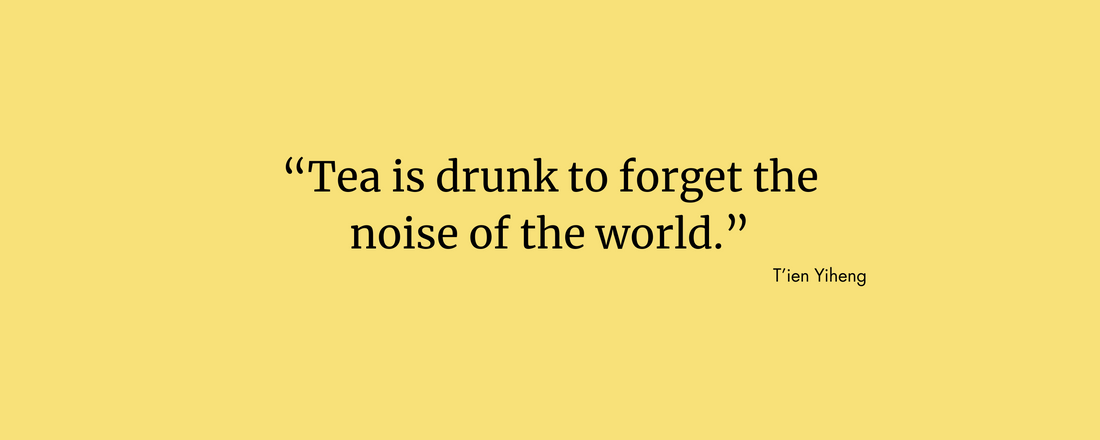
What We Say About Tea
Language carries more than meaning. It carries memory. Belief. Culture. The way we speak about tea says something about how we live—and how we slow down.
At Left Field, we’ve spent years working with tea: sourcing it, brewing it, fermenting it. But just as much, we’ve spent time listening. Listening to the stories that rise up with the steam. Listening to how different cultures speak about tea—not just as a drink, but as a presence.
Here are a few of our favourite tea sayings from across the world, and what they tell us.
“Better to be deprived of food for three days, than tea for one.”
— Chinese Proverb
This one is often quoted, sometimes half-jokingly, but its roots are real. In many parts of China, especially the tea-growing provinces like Yunnan and Sichuan, tea wasn’t just a drink—it was part of the body’s rhythm. It cleansed, nourished, and stimulated. Tea was daily medicine, daily grounding.
In fermentation, we see the same thing. A daily dose of something living. Not just a habit—but a kind of sustenance.
“Tea tempers the spirit and harmonises the mind.”
— Lu Yu, The Classic of Tea (8th century)
Lu Yu was China’s first great tea philosopher—a poet-monk who believed tea could elevate daily life into something sacred. This line, written more than a thousand years ago, still feels true today.
It speaks to something we try to honour in our own process: that making and drinking tea—whether brewed or fermented—isn’t just functional. It’s a practice. A way to bring intention into the day.
“Tea is quiet and our thirst for tea is never far from our craving for beauty.”
— James Norwood Pratt
An American tea writer, but one who understands the heart of the ritual. Tea isn’t loud. It doesn’t demand attention. It invites it.
There’s something beautiful about that kind of quiet. We live in a world of noise—tea offers another way. And kombucha, when it’s made slowly and without shortcuts, carries that same calm beneath the fizz.
“Tea is drunk to forget the noise of the world.”
— T’ien Yiheng
This one doesn’t need much explaining. It’s the kind of line you read once and then carry with you. A reminder that tea doesn’t fix everything—but it can offer pause. Space. A breath between things.
We believe fermentation can do that too. It asks for patience. It teaches us how to wait. And in the end, it gives us something quietly alive.
“There is no trouble so great or grave that cannot be much diminished by a nice cup of tea.”
— Bernard-Paul Heroux
A sentiment close to home. In British culture, tea has long been the first response to everything from grief to celebration. We don’t talk about emotions directly—we put the kettle on.
There’s a wisdom in that, even if it’s understated. Warmth. Familiarity. A moment to collect ourselves.
We like tea for what it does. But we love tea for what it represents.
It’s there in quiet mornings, long conversations, shared pauses. It doesn’t ask for ceremony, though it deserves it. And in every culture where tea is made and shared, there’s language that reflects that.
These sayings—old and new—remind us that tea isn’t just something we consume. It’s something we participate in. Something we return to. Again and again.
